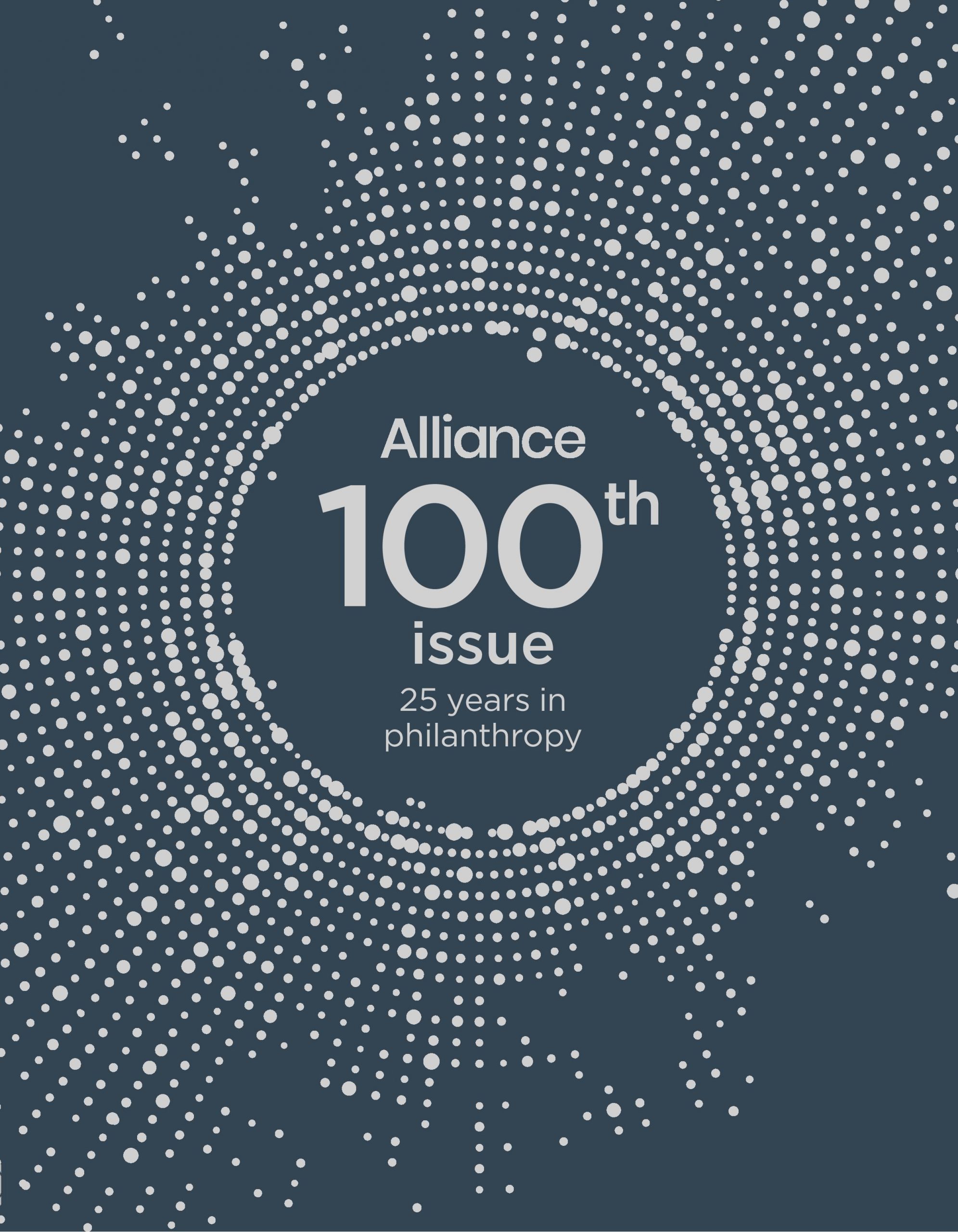Efforts to create a sense of social solidarity are thwarted by the drive to pursue individual interests at the expense of collective ends
In an era of unprecedented wealth, technological advancement, and global interdependence, we find ourselves simultaneously confronted with serious trends of social and political dysfunction. What has been missing from efforts to address these negative trends is a fundamental understanding of a key dimension of the problem: the radically diminished sense of the common good that characterises modern society worldwide.
This problem may be most simply described as a set of forces that fragment societies – market individualism, narrow nationalism, racial divisions, exaggerated self-interest, parochialism, among others – in sum, forces that work against efforts to create a sense of social solidarity and community.
Two defining characteristics of philanthropy are pluralism and the pursuit of the common good. It is exactly the tension that arises between those two qualities that makes philanthropic work a challenge but also gives it its power.
Subscribe now from only £45 a year!
This article is only available for our subscribers
Existing users can login here






